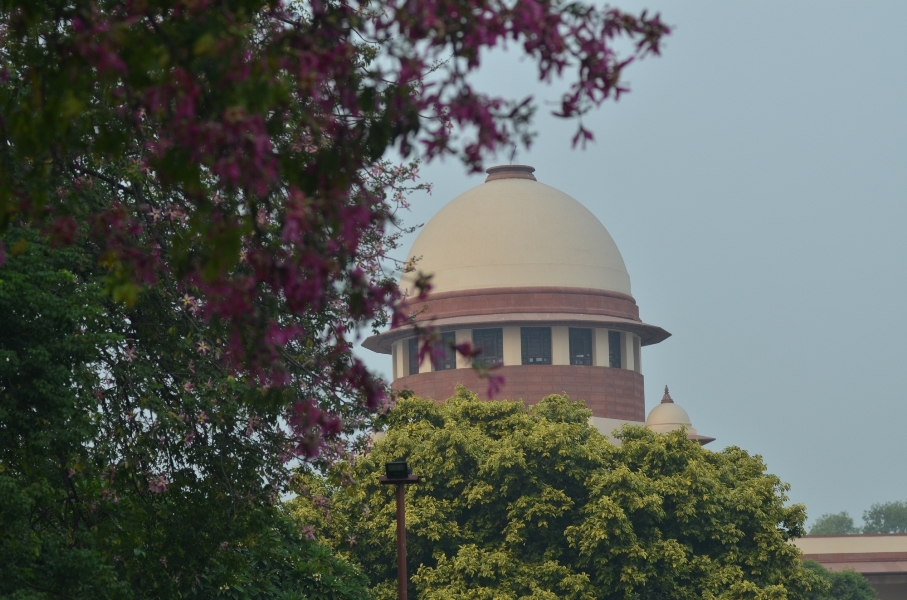
SC declines to entertain plea seeking inauguration of new Parliament building by Prez
New Delhi, May 26 (IANS) The Supreme Court on Friday declined to entertain a PIL seeking a direction to the Lok Sabha Secretariat to have the new Parliament building inaugurated by the President.
A vacation bench of Justices J.K. Maheshwari and P.S. Narasimha asked the petitioner-in-person as to why he has come to the court with such a petition and emphasised that the court is not interested in entertaining it under Article 32. It also asked the petitioner that how is Article 79 relevant here?
Advocate C.R. Jaya Sukin said the President is the head of Parliament, they should inaugurate the building, and questioned, how can the Prime Minister inaugurate the new Parliament building?
When the apex court sought Solicitor General Tushar Mehta’s view, he said these matters are not justiciable and the petitioner should be restrained from moving the high court by withdrawing the PIL from the Supreme Court.
The bench asked Sukin whether he would move the high court after withdrawing the PIL from the apex court. Sukin replied that he would not but wanted to withdraw as a dismissal by the apex court would amount to giving a certificate to the correctness of inauguration of Parliament building by the PM.
The bench said it is not inclined to entertain the plea but since the petitioner is seeking withdrawal, the PIL is being dismissed as withdrawn.
The plea filed by advocate Sukin said that the respondents — Lok Sabha Secretariat, Union of India, Ministry of Home Affairs, and Ministry of Law and Justice — have violated the Constitution and the Constitution is not being respected.
It said that the statement issued by the Lok Sabha Secretariat on May 18 and invites issued by the Secretary General, Lok Sabha about inaugurating the new Parliament building is an arbitrary manner without proper perusal of the records and without proper application of mind.
“That Parliament is the supreme legislative body of India. The Indian Parliament comprises the President and the two houses — Rajya Sabha (Council of States) and Lok Sabha (House of the People). The President has the power to summon and prorogue either House of Parliament or to dissolve Lok Sabha,” said the petition.
The plea contended that the Prime Minister is appointed by the President and other ministers are appointed by the President on the advice of the PM.
The plea submitted that the president is authorised to appoint constitutional functionaries such as Governors, judges of both Supreme Court and high court, Comptroller and Auditor General of India, Chairman and members of the Union Public Service Commissioner, Chief Election Commissioner, and other election commissioners. “That main function of both the Houses is to make laws. Every Bill has to be passed by both the Houses and assented to by the President before it becomes law,” said the plea.
“That Article 87 of the constitution provides two instances when the President specially addresses both Houses of Parliament. The President of India addresses both the Rajya Sabha and the Lok Sabha at the beginning of the first Session after each general election when the reconstituted Lower House meets for the first time. The President also addresses both the Houses at the beginning of the first session of each year.”
The plea said: “That under Article 85, the President can summon each House of Parliament to meet at such time and place as he thinks fit, to ensure that six months shall not intervene between its last sitting in one session and the date appointed for its sitting in the next session.”
